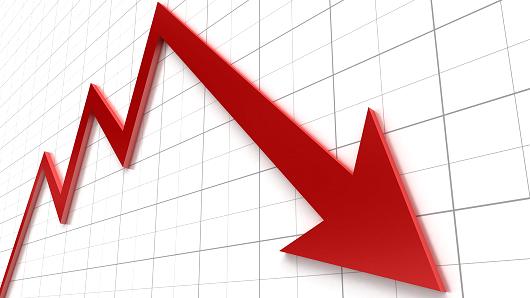Debt Default
The stability of the global financial markets is currently facing a heightened level of uncertainty as the United States teeters on the edge of a potential debt default and the looming risk of a US dollar collapse. These unprecedented circumstances have raised concerns among investors and analysts, leading to speculation about the possible impact on stock markets worldwide. As policymakers grapple with critical decisions, the potential consequences of these events have left investors on edge, contemplating the potential for a significant market downturn.
The United States, the world’s largest economy, has found itself embroiled in a political impasse over raising the debt ceiling. Failure to reach a resolution before the looming deadline could result in a historic debt default, which has never before occurred in the country’s history. A debt default would have far-reaching consequences, including credit rating downgrades, increased borrowing costs, and a loss of confidence in the US government’s ability to manage its finances effectively.
Concerns about a potential collapse of the US dollar have also entered the spotlight. The US dollar has traditionally been considered a safe-haven currency, but recent events have raised questions about its long-term stability. Factors such as massive government spending, rising national debt, and the potential erosion of the dollar’s reserve currency status have contributed to anxieties surrounding the currency’s future. A significant decline in the value of the US dollar could have severe repercussions for global markets and investor sentiment.
The convergence of a US debt default and a collapsing US dollar would undoubtedly send shockwaves through global financial markets, with stocks bearing the brunt of the impact. Uncertainty and fear would likely grip investors, leading to increased market volatility, plummeting stock prices, and a potential market crash. A debt default would raise concerns about the creditworthiness of US companies, while a weakened US dollar could harm multinational corporations’ profitability and disrupt international trade.
Given the uncertain and potentially volatile market conditions, investors may consider adopting risk mitigation strategies. Diversification across various asset classes, including equities, fixed income, and alternative investments, can help reduce exposure to specific risks. Investors may also explore opportunities in international markets, seeking exposure to regions less affected by the US debt default and dollar concerns. Additionally, staying informed and regularly reviewing investment portfolios can help identify potential risks and make necessary adjustments in response to changing market conditions.
It is crucial to acknowledge that governments and central banks have historically taken measures to mitigate the impact of potential crises. In the event of a debt default or currency turmoil, policymakers would likely enact measures to stabilize the economy and financial markets. These actions may include fiscal stimulus, monetary interventions, and diplomatic efforts to restore confidence in the US economy.
The possibility of a US debt default and a collapsing US dollar presents a worrisome scenario that could have profound implications for global stock markets. The uncertainty surrounding these events has left investors wary and prompted discussions about potential market downturns. However, it is important to remember that financial markets have shown resilience in the face of past crises, and governments have taken steps to mitigate the fallout. Investors should remain vigilant, diversify their portfolios, and stay informed about economic developments to navigate these uncertain times effectively.































